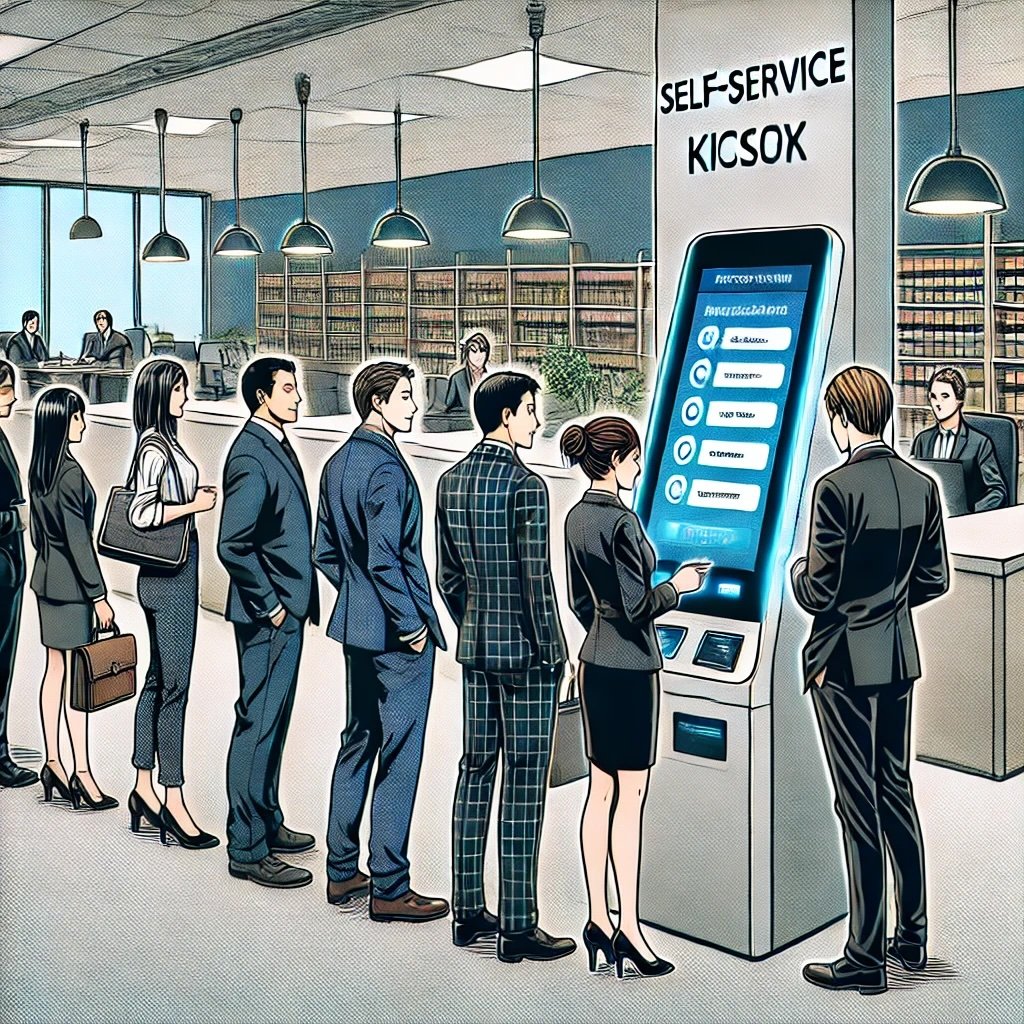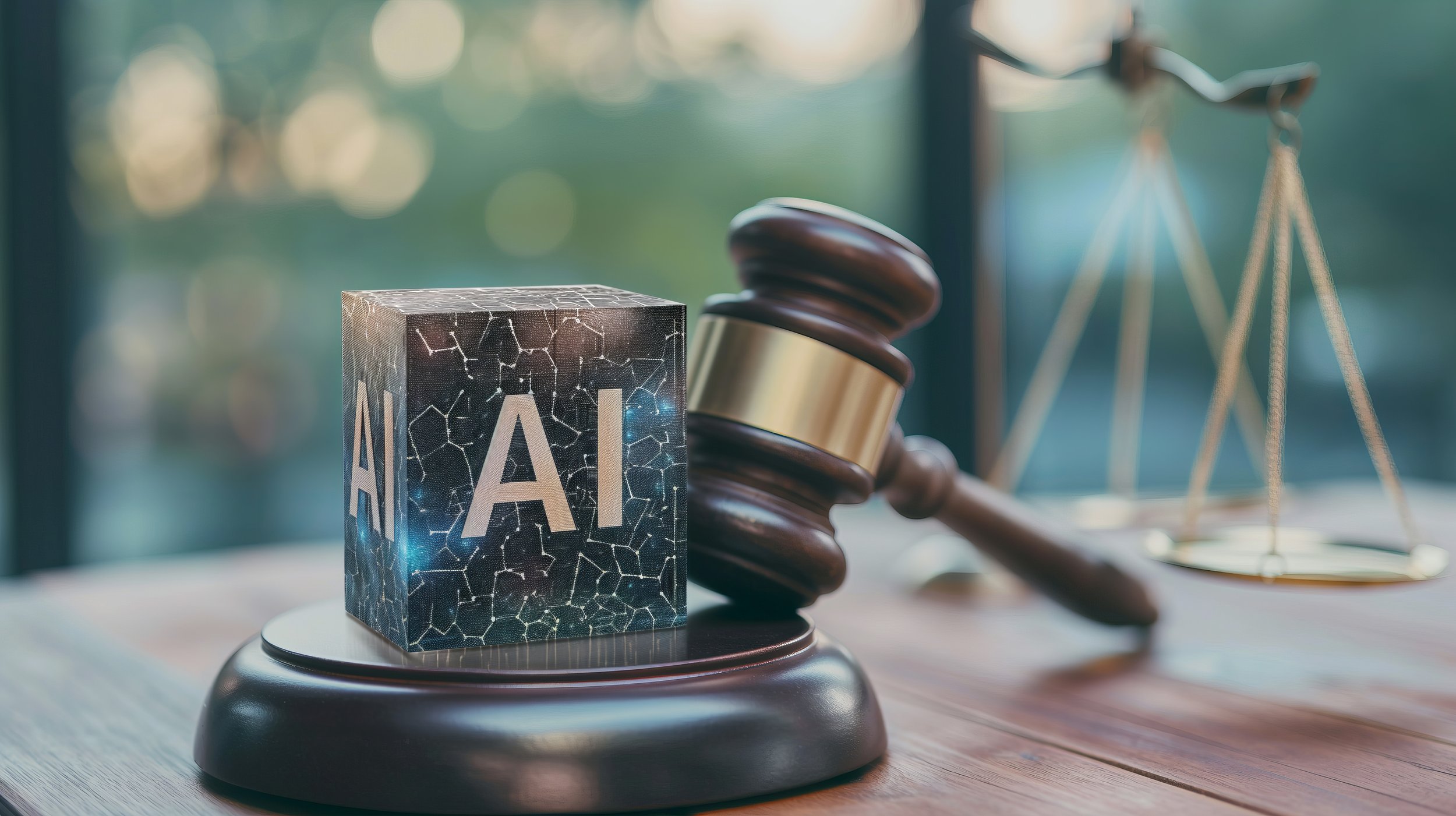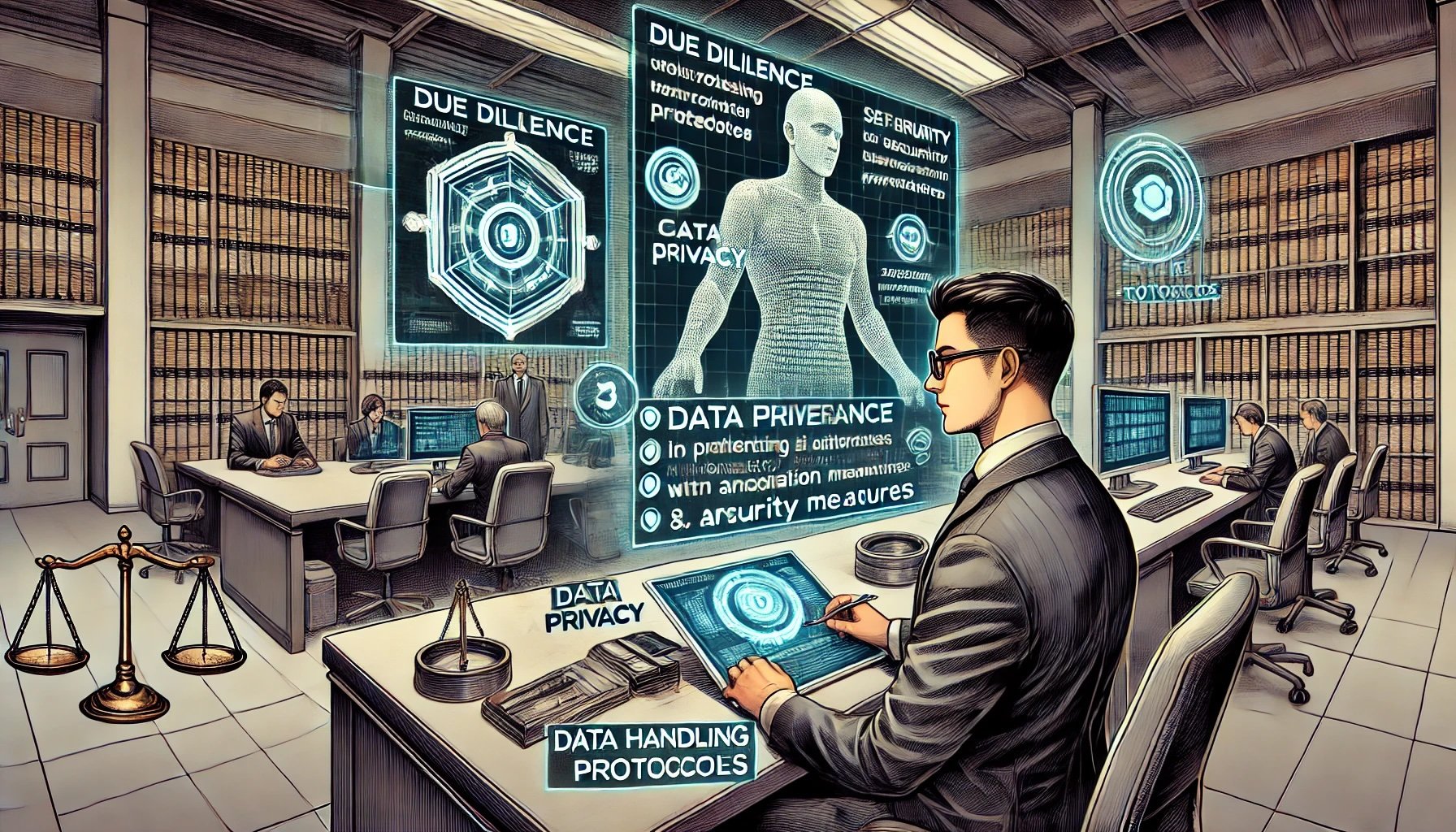The AI Revolution in Law: Adapt or Be Left Behind (& where the bar associations are on the topic).
/Its a pivotal moment for attorneys as generative ai has made a huge impact on the field of law.
Recently in a groundbreaking revelation at the 2024 Clio Cloud Conference, Jack Newton, CEO and founder of CLIO, unveiled a startling statistic that's set to reshape the legal landscape. "79% of legal professionals [are] now incorporating AI tools into their daily work—a significant jump from just 19% in 2023" Newton announced, highlighting an unprecedented rate of technology adoption in the legal sector.
This meteoric rise in AI usage among lawyers is not just impressive; it's transformative. Newton emphasized the critical nature of this shift, stating, "If you don't embrace AI, you are at a fundamental competitive disadvantage, and you will lose". Despite this blogs ongoing drum beat that AI is significantly impacting the practice of law, his words should serve as a wake-up call to legal professionals worldwide: the AI revolution is here, and it's moving faster than any technological advancement we've seen before.
The rapid adoption of AI in law practice isn't just about staying current; it's about survival in an increasingly competitive field. As AI tools become more sophisticated and integrated into daily legal work, lawyers who fail to adapt risk falling behind their tech-savvy counterparts. From streamlining document review to enhancing legal research capabilities, AI is proving to be an indispensable tool in the modern law office.
However, with great power comes great responsibility. As lawyers rush to incorporate AI into their practices, they must navigate the complex ethical landscape that comes with this new technology. State bar associations across the country are scrambling to issue guidelines and ethics opinions to ensure that the use of AI aligns with professional standards and client interests.
Lawyers who don’t embrace technology and AI into their practice of law are going to find themselves left behind by others who do!
The American Bar Association has taken a lead role in this effort, issuing Formal Opinion 512 on "Generative Artificial Intelligence Tools" in July 2024. This opinion emphasizes that while lawyers need not become AI experts, they must develop a "reasonable understanding of the capabilities and limitations" of the AI tools they use[1]. Many state bars are following suit, Below, I have attempted to provide a comprehensive list of bar associations that have “required,” “suggested,” or are “studying” ethical requirements that lawyers follow when using generative AI in their work. (This list is up-to-date as of October 27, 2024.)
At The Tech-Savvy Lawyer.Page, we've been at the forefront of this discussion, providing in-depth analyses and practical advice for lawyers navigating the AI landscape. Our recent posts on "Understanding the Ethical Implications of AI in Law Practice" and "The White House's New Ai Guidelines: What Lawyers Need To Know!" offer valuable insights into how to integrate AI tools ethically and effectively.
As the legal profession stands at this technological crossroads, it's clear that embracing AI is no longer optional—it's imperative. Lawyers must not only learn to use these tools but also understand the ethical obligations that come with them. State bar requirements are evolving rapidly, and staying informed is crucial.
The message is clear: adapt, learn, and thrive in this new AI-driven legal landscape, or risk being left behind. The future of law is here, and it's powered by artificial intelligence. Are you ready to lead the charge?
MTC
List of Bar Associations that have “REQUIRED,” “SUGGESTED,” or are “STUDYING” Ethical Requirements that lawyers follow when using generative AI in their work. (This list is up-to-date as of October 27, 2024.)
📋
List of Bar Associations that have “REQUIRED,” “SUGGESTED,” or are “STUDYING” Ethical Requirements that lawyers follow when using generative AI in their work. (This list is up-to-date as of October 27, 2024.) 📋
Required:
California State Bar - https://calawyers.org/california-lawyers-association/ethics-guidelines-for-lawyers-using-generative-ai/
DC Bar Association - https://www.dcbar.org/for-lawyers/legal-ethics/ethics-opinions-210-present/ethics-opinion-388
Florida Bar - https://news.bloomberglaw.com/litigation/ai-guidance-from-florida-bar-builds-on-familiar-ethics-rules
Illinois State Bar Association - https://www.isba.org/sections/ai
Iowa State Bar Association - https://www.iowabar.org/?blAction=showEntry&blogEntry=111125&pg=IowaBarBlog
Missouri Bar - https://mo-legal-ethics.org/informal-opinion/2024-11/
New Hampshire Bar Association - https://www.nhbar.org/using-artificial-intelligence-in-practice/
New Jersey State Bar Association - https://njbiz.com/nj-supreme-court-releases-preliminary-ai-guidelines-for-lawyers/
North Carolina Bar Association - https://nydailyrecord.com/2024/03/04/north-carolina-adds-to-growing-body-of-ai-ethics-guidance-for-lawyers/
Oregon State Bar - https://www.osbar.org/bulletin/issues/2024/2024April/offline/download.pdf
Pennsylvania Bar Association - https://www.lawnext.com/2024/06/new-legal-ethics-opinion-cautions-lawyers-you-must-be-proficient-in-the-use-of-generative-ai.html
Utah State Bar - https://www.jdsupra.com/legalnews/utah-adopts-new-ai-disclosure-law-that-3770503/
Virginia State Bar - https://nydailyrecord.com/2024/08/30/practical-and-adaptable-ai-guidance-arrives-grom-the-virginia-state-bar/
Washington State Bar Association - https://watech.wa.gov/policies/interim-guidelines-purposeful-and-responsible-use-generative-artificial-intelligence-ai-washington
Suggested:
Hawaii Bar Association - https://histatelawlibrary.com/about/artificial-intelligence-usage-recommendations/
Kentucky State Bar - https://cdn.ymaws.com/www.kybar.org/resource/resmgr/ethics_opinions_(part_2)_/kbae457artificialintelligenc.pdf
Louisiana State Bar Association - http://www.lsba.org/documents/News/LSBANews/LASCLetterAI.pdf
Massachusetts Bar Association - https://natlawreview.com/article/american-bar-association-issues-formal-opinion-use-generative-ai-tools
Michigan State Bar - https://www.michbar.org/journal/Details/Lawyering-in-the-age-of-GenAI?ArticleID=4873
Minnesota State Bar Association - https://www.mnbar.org/resources/publications/bench-bar/columns/2024/09/03/ethics-guidance-for-generative-ai-use
New York State Bar Association - https://associationsnow.com/2024/04/legal-group-ai-guidelines/
Oklahoma Bar Association - https://www.okbar.org/barjournal/september-2024/a-cautionary-tale/
Tennessee Bar Association - https://www.tba.org/?blAction=showEntry&blogEntry=110838&pg=LawBlog
West Virginia State Bar - https://www.intelligencer.net/news/top-headlines/2024/06/legal-watchdog-provides-west-virginia-attorneys-guidance-on-ai/
Studying:
Alabama State Bar Association - https://www.attorneysinsurancemutual.com/post/aba-issues-first-ethics-guidance-on-a-lawyer-s-use-of-artificial-intelligence-tools-alabama-and-ten
Colorado Bar Association - https://cl.cobar.org/features/the-legal-ethics-of-generative-ai-part-3/
Delaware State Bar Association - https://media1.dsba.org/public/Publications/BarJournal/January2024DSBABarJournal.pdf
Georgia State Bar - https://natlawreview.com/article/american-bar-association-issues-formal-opinion-use-generative-ai-tools
Mississippi Bar Association - https://www.phelps.com/insights/the-mississippi-bar-presents-benefits-of-artificial-intelligence-in-law-practice.html
Montana State Bar - https://www.montanabar.org/Membership-Regulatory/Ethics-Resources
Nevada State Bar - https://nvbar.org/events/cle-ai-and-the-practice-of-law/
South Carolina Bar Association - https://www.americanbar.org/news/abanews/aba-news-archives/2024/07/aba-issues-first-ethics-guidance-ai-tools/
Texas State Bar - https://www.law.com/texaslawyer/2024/07/22/new-ai-legal-ethics-rules-coming-texas-state-bar-drafting-recommendations-on-artificial-intelligence/




































